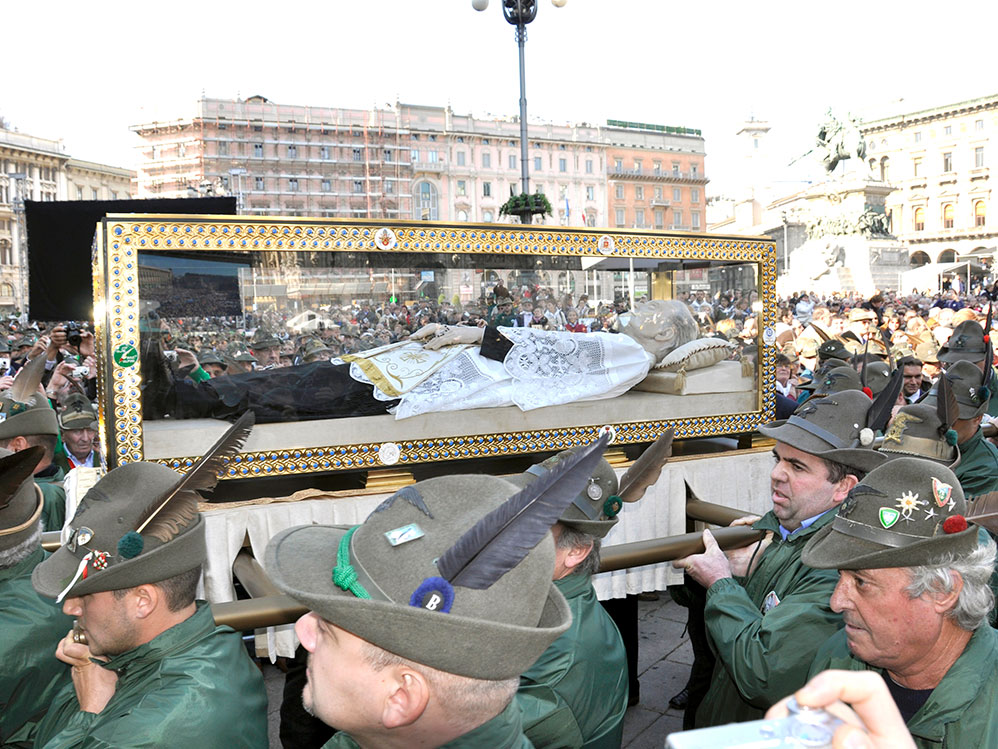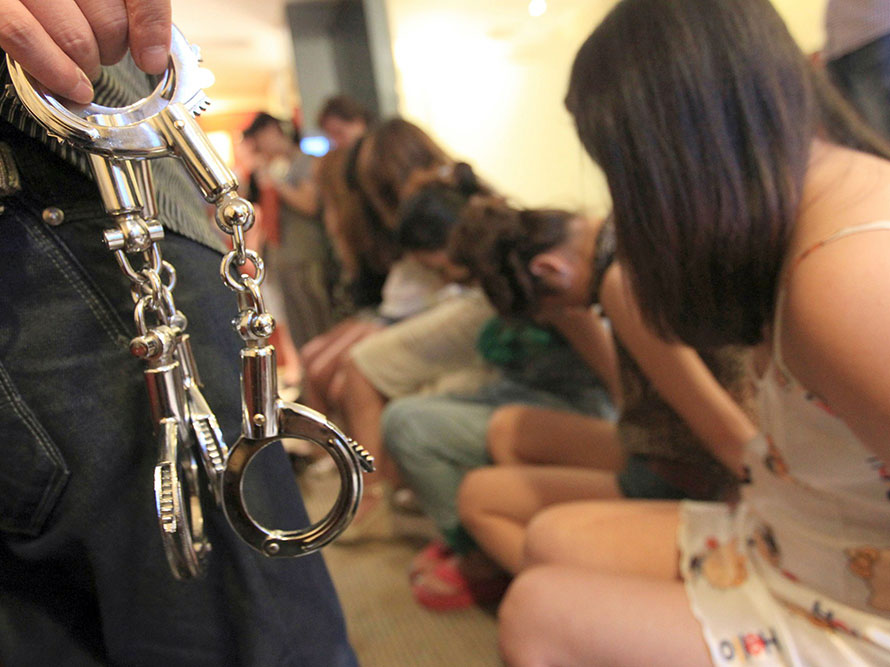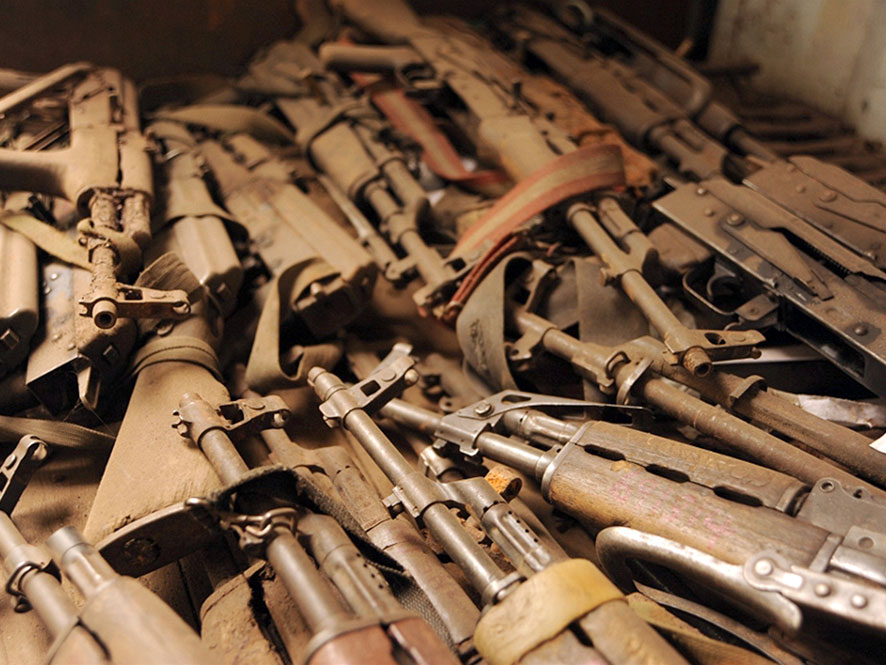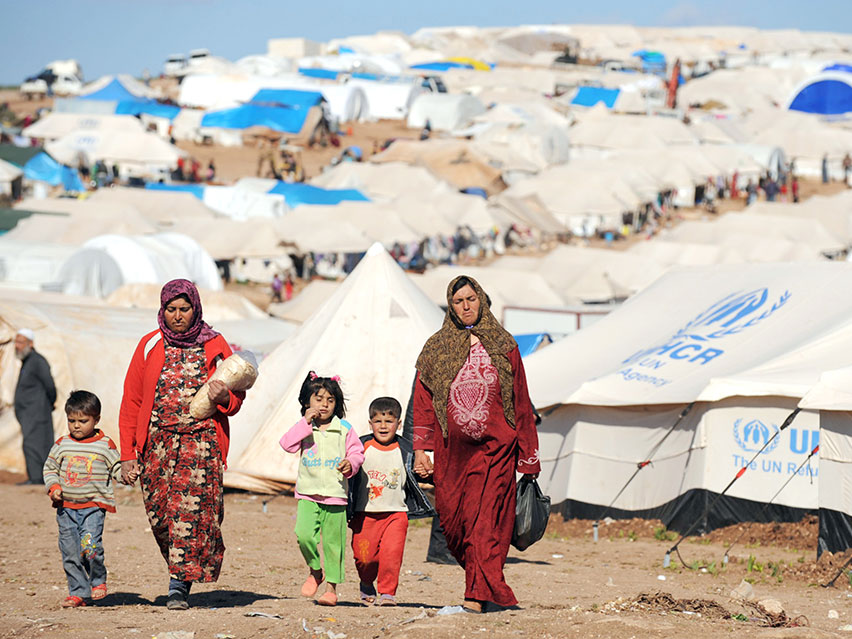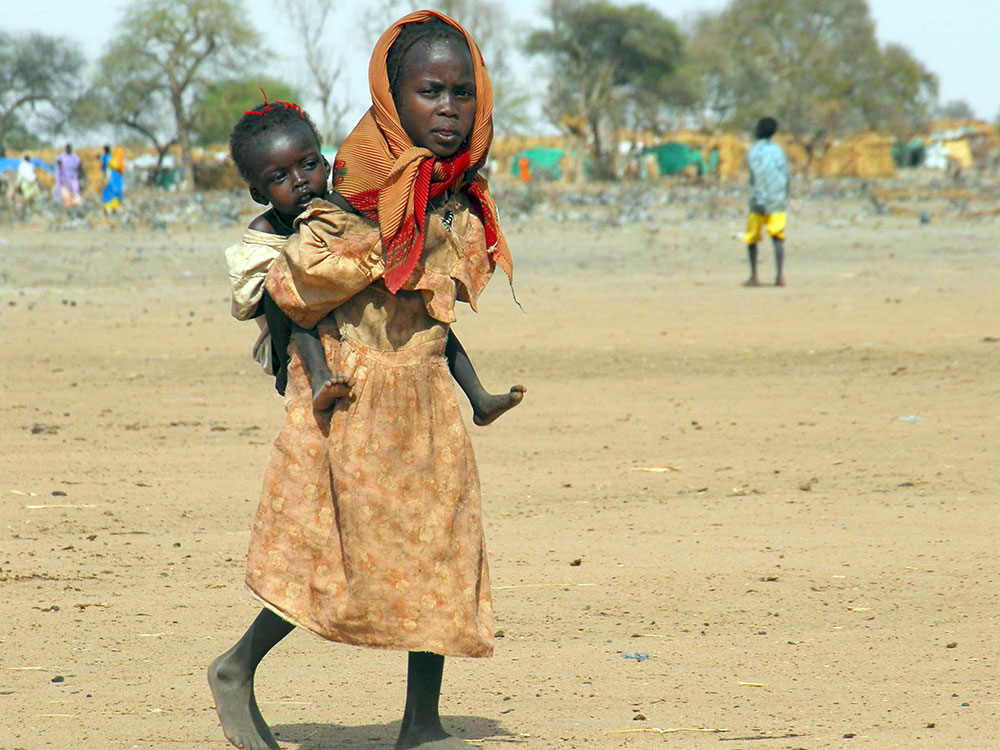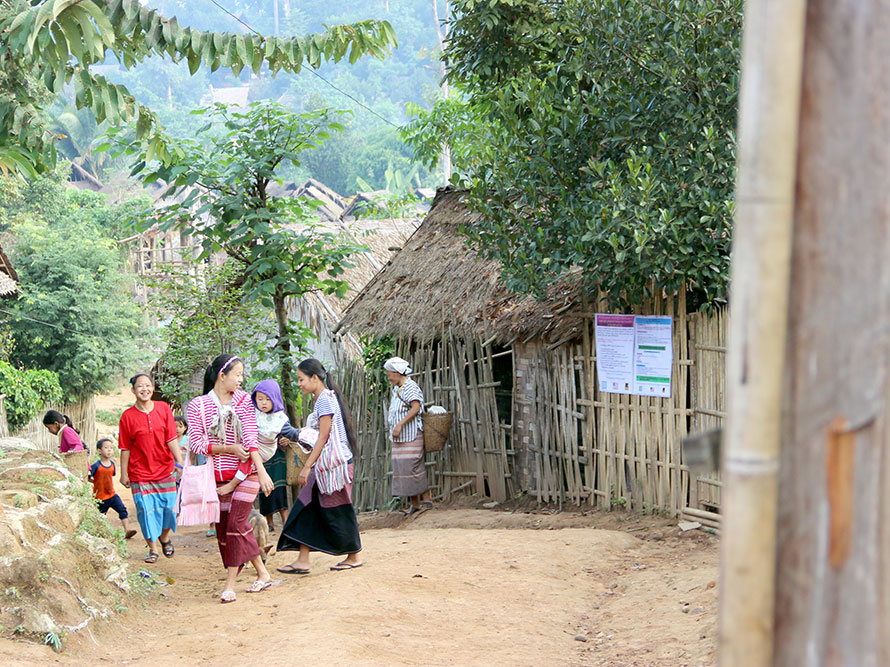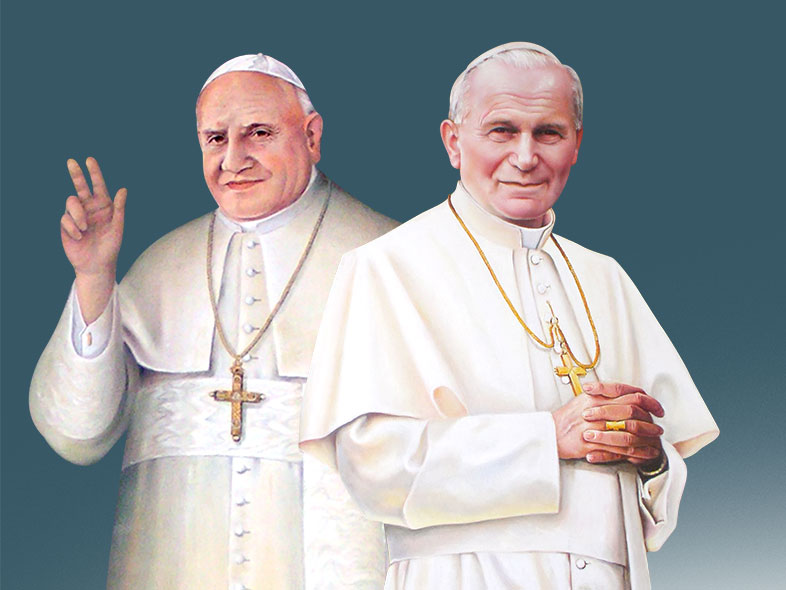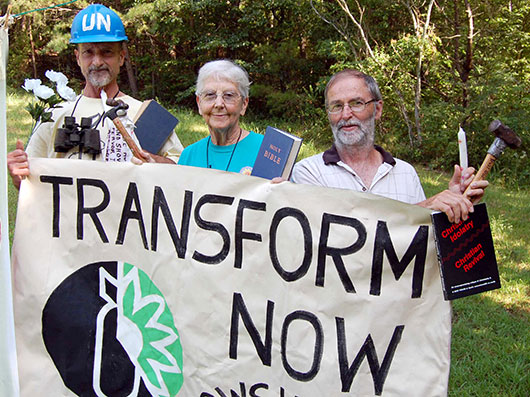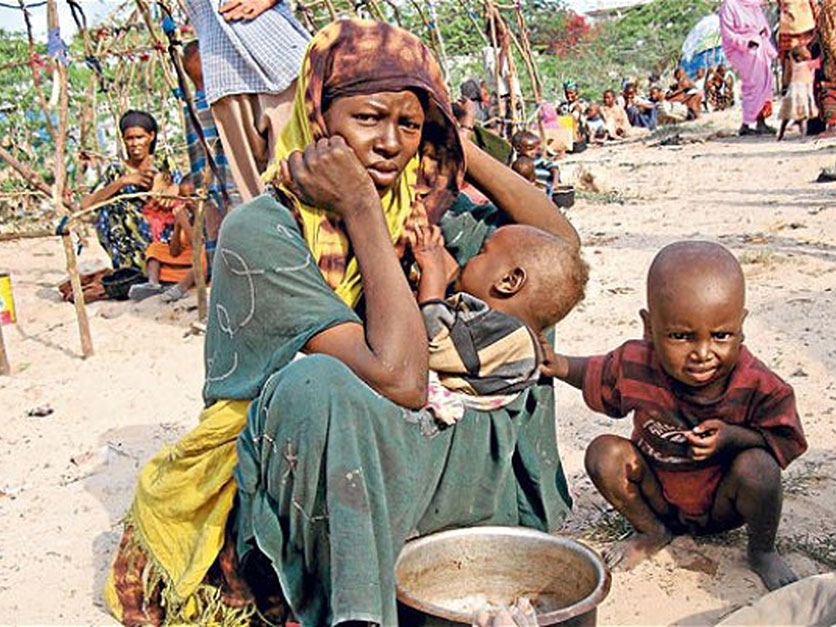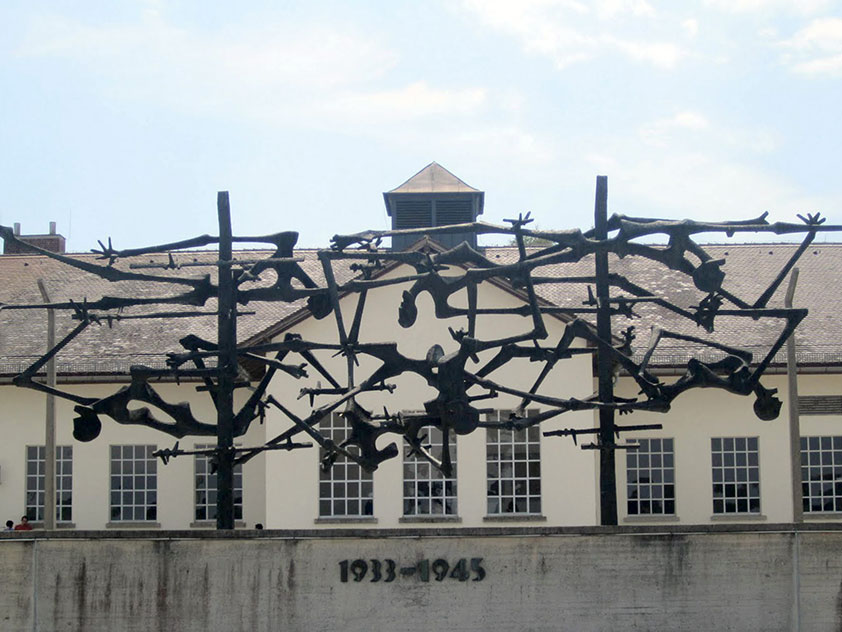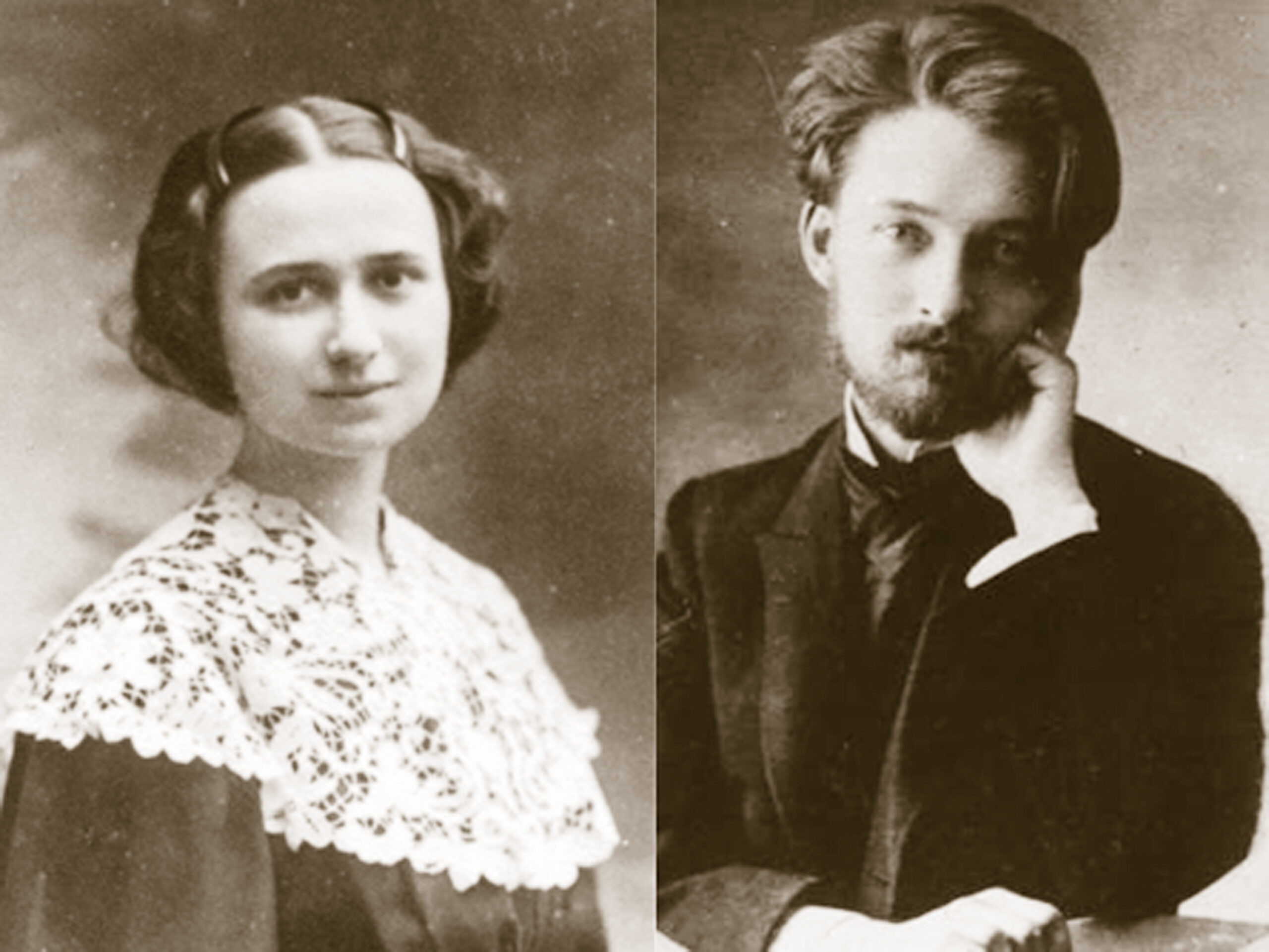At the outbreak of World War II, Fr. Carlo Gnocchi, a diocesan priest from Milan, volunteered as chaplain of the Alpine Corps and followed them in the Greek and Balkan campaign. In 1942, he went on to the Russian campaign, following the invading German army. As chaplain of the Tridentina Division, he took part in the battle of Nikolaevka and the disastrous debacle at the river Don, when a rigid winter helped the Russian counterattack and forced the invading army to retreat in disorder. Casualties were so numerous that the ruinous withdrawal became a massacre.
Fr. Carlo witnessed the death of hundreds of soldiers because of wounds, frost, hunger, and exhaustion. He assisted innumerable dying Alpine Corps and comforted them in their last moment. He himself survived through a miracle. Once, when he had stopped to assist a soldier who was at the point of death, he collapsed out of exhaustion on the snow. It was his orderly, who came back looking for him, who saved him. Even his knapsack, which contained the letters, the identification plaques and the photos which the dying soldiers had entrusted to him, was saved.
THE MOST BASIC INSTINCTS
Fr. Carlo gave an account of his Russian predicament in his book Christ Among the Alpine Corps which was reprinted several times. In it, he writes: “In those fatal days, I can say that I, at last, saw what human beings are: naked, totally stripped of any restraint or convention because of the violence of the events too big for them to bear, totally dominated by the most basic instincts, emerging from the depths of their being.”
Back in Italy, Fr. Carlo went house to house, all over Lombardy, in the remotest valleys, to visit the families and bring to them the memories of their deceased loved ones. But the war was still on and the Gestapo became suspicious of the young wandering priest. As a matter of fact, Fr. Carlo was also secretly involved in helping the flight of the Jews to Switzerland and the youth to the mountains to join the partisans who were waging a guerilla war of resistance against the German occupation forces.
Fr. Carlo could not avoid being arrested and experienced the horror of the prison. Fortunately, after only two weeks, he was released because of the intervention of a high-ranking member of the Church hierarchy. When the war was finally over, Fr. Carlo joined the Great Invalids Institute and started taking care of around thirty young orphans, with the help of three religious sisters, but with absolutely no financial resource. He used to go around on a small motorcycle, a gift of the Guzzi motorcycle factory. It was soon stolen from him and the firm was good enough to provide him with a new one.
ALONE WITH THE MOTHER
Blessed Carlo Gnocchi was born in a village of the plain of Lombardy, San Combano al Lambro, near the town of Lodi in Northern Italy, on October 25, 1902. His father Enrico was a stonecutter and his mother Clementina Pasta was a seamstress. He was the last of three siblings. He soon experienced the loss of his father, who was a victim of an occupational sickness, silicosis. After a few years, he lost his two brothers. Through the course of his life, he remained with his mother who was very close to him and who influenced him deeply because of her piety and sense of duty. God took her in 1939, just before Fr. Carlo went to war in Russia.
Carlo grew up in an environment of diligence and hard work and especially of religious piety. It came natural to him to consider the vocation to be a priest and enter the seminary in the large Milan diocese. He was ordained in 1925, at a still very young age. His passion as a young priest was the formation of the youth through the parish’s Youth Center. His proficiency in this task was recognized when he was assigned by the Archbishop of Milan as spiritual adviser of the renowned Gonzaga Institute of the Brothers of Christian Instruction in 1936.
After the war, he continued caring for the orphans of the Alpine Corps members who had died in the war, then he took charge of the many maimed children: a sad result of the bombing of the cities whereby thousands of civilians fell victim, including children. Eventually he took charge of the large army of children affected by polio, more than 100,000 of them. To look after them all, he covered Italy with a network of colleges which, eventually, became very modern rehabilitation centers.
PLEASE TAKE THE CHILD!
This is how it all started. One day, a woman came to Fr. Carlo accompanied by a child deprived of one leg. She exclaimed: “Father, I can’t make it anymore! It’s been two days that we have not eaten… Please take the child!” Fr. Carlo opened his arms to welcome the child, but the small boy struggled back to his mother who, in a desperate gesture, snatched away the crutches of the boy and ran away. The small boy crawled after her. For two days and two nights, the child became sick with high fever and the priest stayed beside him to feed him and held the boy’s small hand even when the boy scratched him.
This was the beginning of the Foundation Pro Juventute (in favor of the youth). The first residence is an old villa which only had 100 beds. There were other institutes in Italy but there were 15 thousand maimed children, not including the orphans, handicapped, abandoned – an army of suffering humanity – too many to accommodate and to care for.
THE TREASURE OF INNOCENT SUFFERING
Overburdened by this immense task, Fr. Carlo went to the media to ask for help. In Christmas 1949, Fr. Carlo shared the plight of the many mutilated children through a Swiss radio broadcast. A few months later, the priest entered the editorial office of Corriere della Sera, a prestigious daily, holding a thick envelope stuffed with the photographs and documents of the children he was assisting. He started talking about children who used to wake up in the middle of the night screaming because of the pain of their old wounds, about prosthesis that needed to be changed because the limbs were growing, glass eyes that got lost while the children were playing, etc.
At the priest’s words, a great silence descended upon the hectic newsroom. Eventually, the newspaper decided to set up a fund-raising appeal. The material needs were daunting, but Fr. Carlo was more concerned about the spiritual welfare of so much innocent suffering. These people understood later when the extraordinary spirituality of Fr. Charles became more known. He himself said that he had asked a child: “What are you thinking about when your wounds are aching, when the nurses are tampering with them?” “Nothing” was the answer.
Fr. Carlo commented: “Then, in that moment, I perceived that a very precious treasure was in danger to be lost. The innocents’ suffering that can redeem the world while united to that of Christ, was uselessly going down the drain…I had the duty of teaching the children not to waste such a treasure.” Here the true face of Fr. Gnocchi is revealed: not only the humanitarian organizer, but the priest who, in the disaster of the war, has meditated on the suffering of wounded, humiliated humanity, compelled to suffer without a reason.
This is how Fr. Carlo became the prophet of a mass of defeated humanity to whom it was necessary to give back their lost dignity, showing them the nobility of suffering by lifting it up to the level of a loving self-giving. He understood by personal experience the salvific function of suffering when united to Christ’s suffering. Thus, those who suffer lift up their pain to the highest level of dignity.
To this suffering and handicapped infancy, Fr. Carlo dedicated his most significant work under the title “Pedagogy of Innocent Suffering.” His last words were: “Thank you for everything!” In his last will, he had written: “Other people may be able of serving the children better than I could and was able to. But no other person, perhaps, will be able to love them more.”
KEEPING A SMILE TO THE END
On January 21, 1956, Fr. Carlo Gnocchi died of leukemia in a hospital in Milan. It was on that evening when Fr. Carlo, holding a crucifix which he had received years before from his mother and which he loved very much, breathed his last. The metastasis of the cancer had reached the bones and the lungs. Fr. Carlo’s constitution was already weakened by the war deprivations and the hectic rhythm of work and gave way to the unrelenting attack of the terminal sickness. All the same, he knew how to keep a smile on his kind face to the end.
A fellow soldier of the Alpine Corps came to tell him: “Fr. Carlo, all your former fellow members of the Alpine Corps are praying for you, even those who do not know how to pray, for they never did it.” At the point of dying, Fr. Gnocchi entrusted his immense legacy to those close to him with these words: “I recommend my ramshackle hut (baracca) to you!” This is how he used to call his great achievements. Archbishop Giovanni Battista Montini, the future Pope Paul VI, cried beside Fr. Carlo’s death bed.
At the end of his life, Fr. Carlo had something more that he wanted to give: he donated his eyes to two blind boys, Amabile Battistella and Silvio Colagrande who, from then on, were able to see, work and dedicate themselves to others’ welfare because of Fr. Carlo’s eyes. Fr. Carlo’s gesture had an enormous impact because it was then unusual to donate organs. His example promoted organ donation which, eventually, became accepted. In Italy, the law allowing the donation of organs was approved in 1957, only one year following his death.
THE SAINT OF THE BLACK FEATHERS
Fr. Carlo Gnocchi was considered a saint during his life and especially after his holy death. In 1992, during a national gathering of the Alpine Corps members, popularly called “Black Feathers,” Cardinal Carlo Maria Martini, during the celebration of the Mass at Milan Cathedral, emphatically stated: “In Russia, all the Black Feathers were heroes, but Fr. Gnocchi was a saint.”
The expression filled the crowd of ex-soldiers with deep emotion since they had always considered Fr. Carlo one of them. Many people testified that, after his death, when they invoked his help, they had received graces. The miracle recognized by the Church for his beatification took place in August 1979 at Orsenigo, Como, when a young electrician, a member of the “Black Feathers,” Sperandio Aldeni, who did not meet Fr. Carlo personally but who was a devoted helper and benefactor of his enterprise, was working on a 15,000-volt transformer cabinet in order to connect the main switch. A storm was brewing and suddenly Aldeni saw lightning and heard thunder. It was too late to get out: a 15,000 volt electric shock hit the young man and threw him to the ground. He called to God, the Blessed Virgin Mary and Fr. Gnocchi because he initially could not feel his legs. Despite that, he survived and stood up alive and kicking.
Fr. Carlo fulfilled the deepest call of his being because of his unifying power of love. He loved God and people, especially the mutilated children up to the last kiss on the crucifix on his death bed. His complex, rich personality expressed itself in three directions: (1) in his conscientiousness as a manager, almost an industrialist of charity; (2) in his strong stance with the government and Church authorities, and (3) in his extraordinary capacity for human relationship channeled to the welfare of the children he had adopted and to whose destiny he had devoted his life.
A MULTIDISCIPLINED APPROACH
Fr. Carlo’s dedication to charity at the service of the youth grew gradually through the circumstances of his life. The war experience was the beginning and the condition of Italy immediately after the war stimulated his loving commitment. It was his genius in involving thousands in the awareness of the tragic destiny of the youth that was crying to be healed and assisted, formed and directed towards the future.
In an ever-increasing consciousness of his humanitarian ideal, Fr. Carlo found the strength to almost impose the demands of those whose extreme need he represented to the authorities of the Church and of the government. The more he managed to obtain, the more the courage to ask welled up in him. The field of rehabilitation he was entering was all but easy and simple. A multidiscipline approach was necessary to accompany the handicapped and mutilated youth gradually towards healing and self-sufficiency.
Fr. Carlo managed with his burning dedication and his capacity of relationship to put together the immense network of expertise and care that was required by the task at hand. The Foundation Pro Juventute, now called “Don Carlo Gnocchi Foundation” continues his legacy with extraordinary, beneficial results. Blessed Carlo Gnocchi is truly an angel on the road of pain and suffering, healing and rehabilitating tens of thousands of youth in need.

